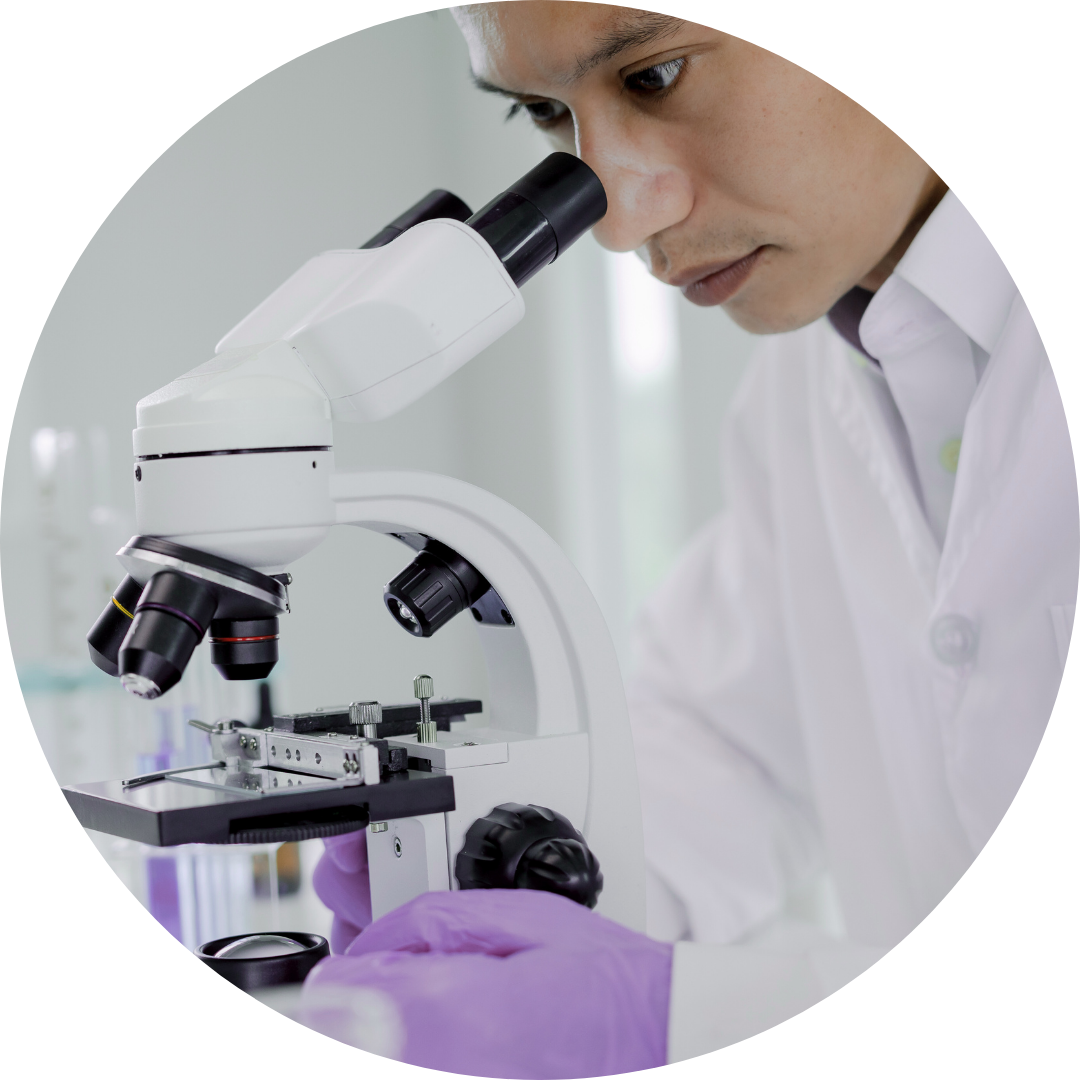The 1st of February 2025 entered into force the “Guidance on the scientific requirements for an application of a novel food in the context of Regulation (EU) 2015/2283”.
EU Novel food regulation
The foods consumed in Europe are regulated by the EFSA to ensure safety and compliance with EU standards. Each category of food is subject to specific regulations based on its characteristics, one of which pertains to Novel Food.
As the name suggests, Novel Food refers to newly introduced ingredients or products widely consumed in the EU before May 15, 1997. It includes innovative food sources, new processing techniques, ingredients derived from plants, microorganisms, or alternative protein sources.
This ambitious text widens the recognized production processes of
Novel Food products, and give a more detailed definitions of biotechnological production cases.
At the same time, the European Food Safety Authority (EFSA) harden the needed analyses and ask for proper safety dossiers.

Chia seeds

Rape seeds

Monk Fruit
What is now considered for biotechnological production of Novel Food?

In their guidance, EFSA defines 3 terms about biotechnological Novel Food:

“Biomass”: A (Non-modified) microorganism/genetic material intended to be found inactivated in the final product.

“Active agent”: A (Non-modified) microorganism intended to be found ACTIVE in the final product.

“Production Strain”: A microorganism (modified or not) used to produce the Novel Food.
What are the analyses needed in the safety dossier?
It is now asked to the applicants to compile a safety dossier with quite the same amount of analyses asked for Food Enzymes or Additives dossiers. The analyses to run are similar but sometimes triggered differently.
One of the most notable changes is that the distinction between “Acquired” and “Intrinsic” AMR (Antimicrobial Resistance) genes is now mandatory and not only restricted to some species found in the QPS (Qualified Presumption of Safety) list.
What does it change for the Regulatory Services provided by GenoScreen?
GenoScreen has anticipated this change and can already provide up to date safety analyses of your strain and an up to date safety dossier, following these new EFSA guidelines.
Contact us so we can define the analyses needed for your project, and receive your report fulfilling the EFSA guidelines and add it to your Novel Food Safety Dossier. Avoid costly rejections, partner with an experienced company like GenoScreen to minimize preventable errors and increase your approval success rates.